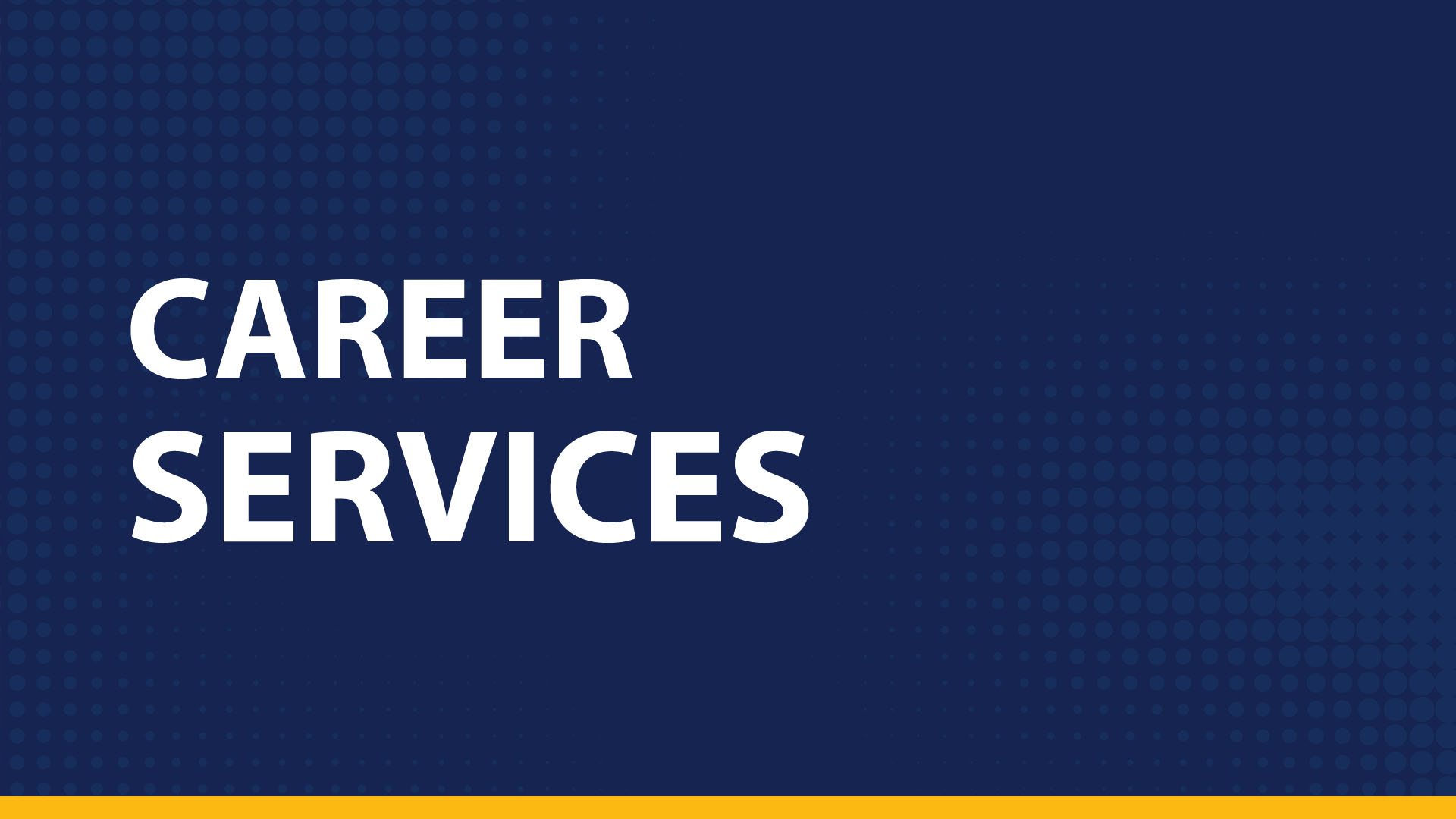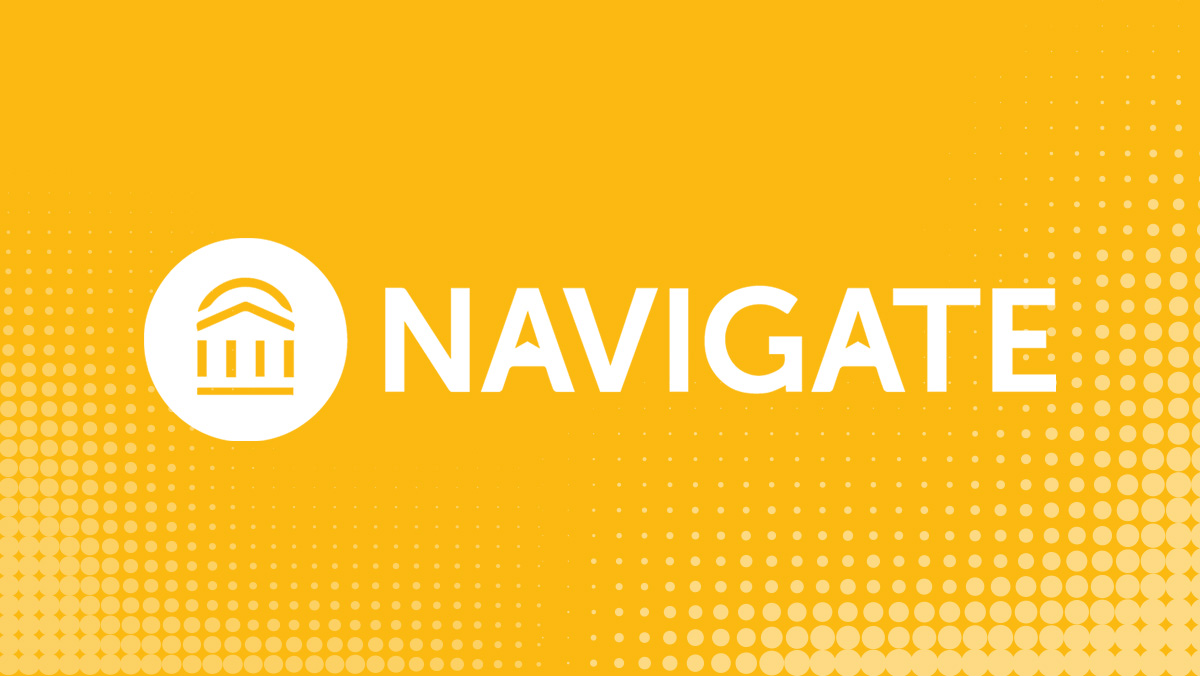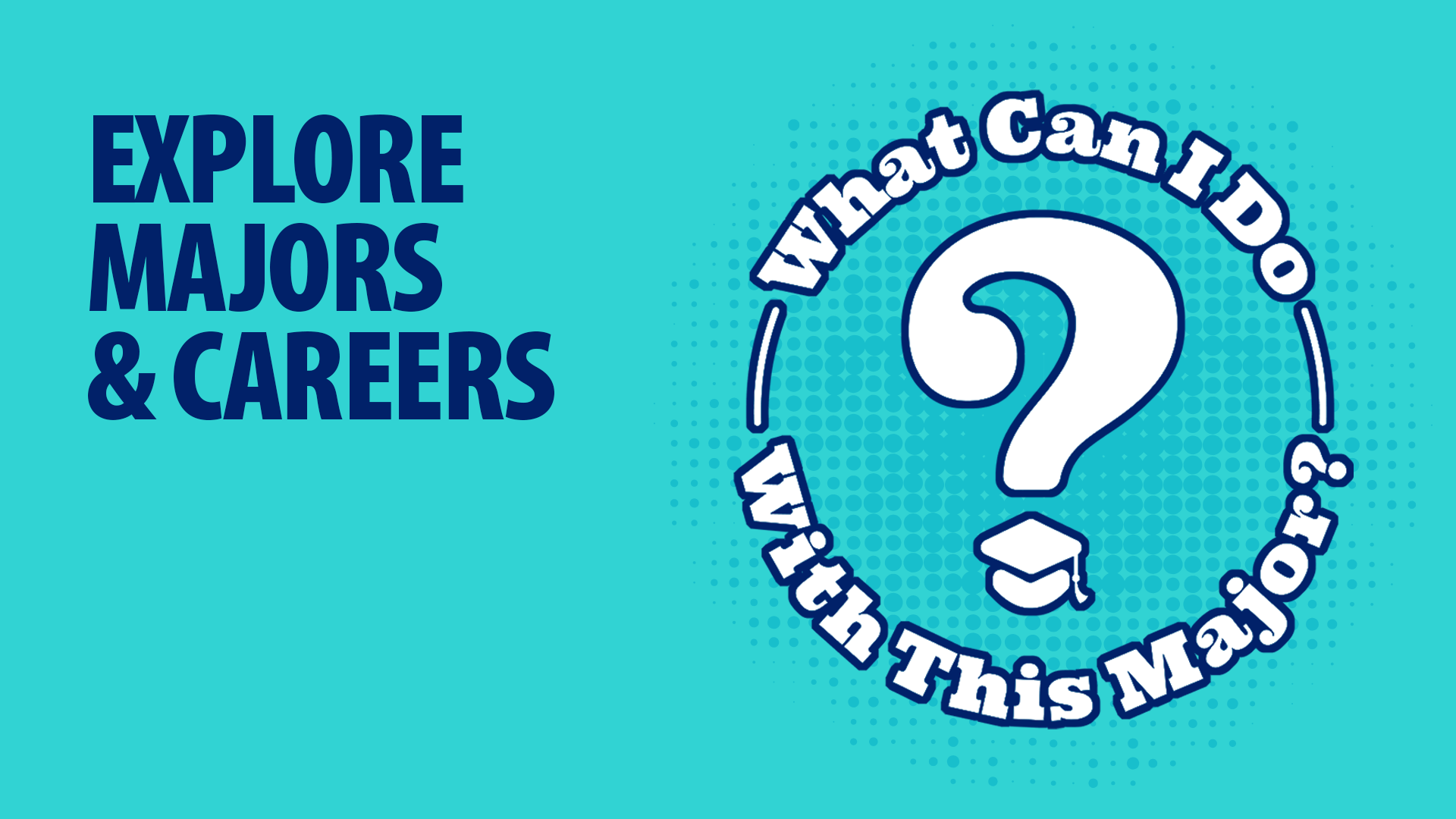Direct Support Certificate
Start Your Human Services Career with a Direct Support Certificate from NECC

Why pursue a certificate in Direct Support?
Many individuals have intellectual or developmental disabilities that keep them from living life to the fullest. Would you like to help those people become self-sufficient? If so, a Direct Support Certificate from NECC can prepare you for a rewarding career as a Direct Support Professional, empowering you to directly work with disabled individuals and help them lead more active and fulfilling lives.
NECC Certificates: Empowering the Next Generation of Direct Support Professionals
A Direct Support Professional (DSP), or Direct Support Worker, provides direct care and support to people with intellectual and developmental disabilities, helping them engage in their communities to improve their quality of life and well-being.
At NECC, our one-year, 22-credit Direct Support Certificate program helps students develop competencies in accordance with the National Community Support Skills Standards.
Students benefit from a mix of classroom learning and supervised practicum experiences, giving them an opportunity to apply what they’ve learned in community settings. Upon program completion, you can seek employment both independently or through the Department of Developmental Services. You will also have the option to apply all 22 credits toward an Associate Degree in Human Services from NECC.
NOTE: Individuals employed in a public or private Developmental Services program may be eligible to take the required certificate courses at a cost of $50 per class.
What you’ll get from our Direct Support certificate program
Learn How to Help Others Achieve Maximum Self-Sufficiency
Immerse yourself in the direct support world, as you learn about intellectual and developmental disabilities, how they impact others’ lives, and the various roles and responsibilities of a Direct Support Professional. Gain insight across various human services topics, including group dynamics, psychology, observation, interviewing, and documentation.
Through classroom work and supervised practicums, discover practical strategies for building rapport, adapting communication styles, and developing problem-solving skills, equipping you to directly support clients from diverse backgrounds.
In just one year you will be qualified to work in a variety of human services settings. You can also continue your education and strengthen your credentials to pursue higher level positions. As one possible academic path, you can apply all 22 program credits towards an Associate Degree in Human Services from NECC, proving that following your career dreams can lead to something truly remarkable!
Gear Up for a Great Career as a Direct Support Worker
At NECC, we’re here to help you build a skill set that’s in demand. Whether you see yourself as the next great job coach, residential counselor, habilitation specialist, or other direct support worker, we’ve got you covered. While guiding you every step of the way, our experienced instructors will show you how to:
 Help clients achieve maximum self-sufficiency
Help clients achieve maximum self-sufficiency- Benefit from supervised practicum experiences while providing direct services to individuals with disabilities
- Develop essential observation, communication, interviewing, and documentation skills
- Work in a variety of settings, including private residences, independent living facilities, vocational programs, group homes, medical clinics, day programs, and more
Do Cool Stuff, Not Just Homework
Forget about endless lectures. We’re talking about interactive classes and workshops where you practice what you’ve learned in real-life scenarios, as well as projects that connect you with direct support professionals in the community.
Your Schedule, Your Rules
Juggling life, work, and study? No sweat. With a mix of online and on-campus options, NECC makes it easy for you to fit study into your life, not the other way around. Once you’ve completed our Direct Support Certificate program, you’ll be ready to seek immediate employment or transfer all 22 credits toward an Associate Degree in Human Services from NECC.
Where this journey can take you
 DSPs work in a variety of environments, providing direct care and support to individuals with intellectual and developmental disabilities. With a Direct Support Certificate from NECC, you can begin working in the field and decide whether you like it before investing additional time and money obtaining an associate degree.
DSPs work in a variety of environments, providing direct care and support to individuals with intellectual and developmental disabilities. With a Direct Support Certificate from NECC, you can begin working in the field and decide whether you like it before investing additional time and money obtaining an associate degree.
Like a blank canvas, you can use your certificate as a foundation to build upon, empowering you to explore a wide variety of academic and career paths.
Imagine yourself serving in one of these direct support roles:
- Preparing clients to enter the workforce as a Job Coach
- Supporting disabled individuals around-the-clock as a Residential Counselor
- Teaching disabled children and adults how to be self-reliant as a Habilitation Specialist
- Creating life-enriching programs for clients as a Developmental Disabilities Specialist
- Helping disabled clients perform their daily routines as an Activities of Daily Living Specialist
Why choose NECC for your Direct Support certificate?
We Get It
At NECC, inspiring our students to succeed is our top priority. Modern, relevant, and engaging, our Direct Support Certificate courses are designed with you in mind.
NECC’s dedicated faculty and staff help students develop the skills they need to advance in the workforce or transfer to a four-year college or university. Our small class sizes ensure personalized attention and support, empowering students to thrive academically. We also offer a variety of student support services, including tutoring, counseling, and academic advising.
With over 60 credit programs, two convenient campuses, robust student support services, and a vibrant student life, NECC is committed to providing an affordable, accessible, and high-quality education for all.
Learn from the Pros
Our instructors aren’t just teachers. They’re experienced professionals who live and breathe direct support principles.
Experience Beyond the Classroom
At NECC, it’s not just about earning a degree. It’s about building a network, finding your tribe, and acquiring the tools necessary to chase your dreams. Our Haverhill and Lawrence campuses are home to a diverse range of clubs and organizations and activities that help students connect with peers who share similar interests.
Whether you choose to gain leadership experience, stay healthy and fit, join a club, or participate in varsity sports, and student activities, we’ll guarantee you’ll have fond memories of your time at NECC.
We Got Your Back
From the day you start until the day you land your first big gig, our team is here to support, guide, and cheer you on. At NECC, our goal is to empower our students by equipping them with the skills and tools necessary to thrive, wherever they choose to work.
Career Services
Navigate
What Can I Do With This Major?
Got Prior Learning or Work Experience?
With NECC’s Credit for Prior Learning, you can move through the program at a faster pace, and graduate sooner! The best part is these credits are covered free-of-charge for eligible Massachusetts learners.
Support for Every Student
NECC offers a variety of student support services, including tutoring, counseling, and academic advising, to help students thrive academically. Want to transfer to NECC? Our advisors are happy to assist you.
Career Outlook for Direct Support Professionals North of Boston
According to the U.S. Bureau of Labor Statistics (BLS), overall employment in community and social service occupations, including DSPs, is projected to increase by nearly 8% over the next eight or nine years—faster than the average for all occupations. The U.S. Department of Labor points out that there is a nationwide shortage of DSPs, with millions of disabled Americans who need their services.
At NECC, our Direct Support Certificate program graduates have an exceptional rate of employment while working as residential counselors, job coaches, developmental disabilities specialists, and more. Some have gone on to start their own successful businesses!
How Much Can I Expect to Make as a Direct Support Professional?
The earning potential for DSPs varies based on several factors, including education, experience, role, setting, and additional skills. For example, according to Salary.com, the average annual salary for a Residential Counselor in Massachusetts was $90,939 as of November 2024.
With a Direct Support Certificate from NECC, you’ll be qualified to start or advance your career in these roles:
Job Coach
Helps prepare people with disabilities to enter the workforce. The median annual wage in Massachusetts for this role was $61,652 as of November 2024. The wage range typically falls between $55,358 and $69,508.¹
Residential Counselor
Provides 24/7 support and counseling services to individuals residing in a structured living environment, like a rehabilitation facility or group home. The median annual wage in Massachusetts for this role was $90,939 as of November 2024. The wage range typically falls between $80,621 and $100,657.¹
Habilitation Specialist
Teaches essential skills that help children or adults with disabilities live independently. The median annual wage in the United States for this role was $59,171 as of November 2024. The wage range typically falls between $52,430 and $65,953.¹
Developmental Disabilities Specialist
Plans, implements, and evaluates tailored developmental programs for individuals with developmental disabilities and/or delays. The median annual wage in Boston, MA, for this role was $39,840 as of November 2024. The wage range typically falls between $37,597 and $41,263.¹
Activities of Daily Living Specialist
Assists clients with essential tasks, such as eating, bathing, and toileting. They may also help with more complex tasks like cooking, managing finances, and driving. The median annual wage in Massachusetts for this role was $38,055 as of November 2024. The wage range typically falls between $35,606 and $39,561.¹
How to Get Started Earning a Direct Support Certificate in the Merrimack Valley Region
Feeling pumped? We thought so! Learn more about how to apply for the Direct Support Certificate program Still unsure that it’s the right fit for you? Contact us to chat more about why this could be the best decision you’ll ever make!
FAQs
Sources and Citations: ¹Salary information provided on this page is sourced from Salary.com. The data reflects estimates based on employer surveys and job listings. Actual salaries may vary based on location, experience, and other factors.





